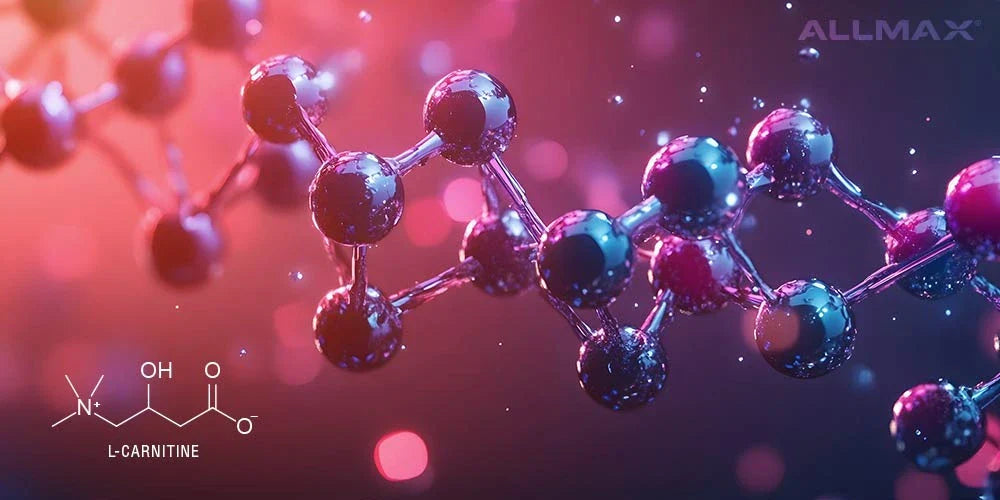Psyllium husk has gained popularity as a natural supplement for gut health and digestion. But what exactly is it, and how does it work in the body? Whether you’re seeking relief from constipation or looking to improve cholesterol levels, psyllium husk might be the support you need.
What is Psyllium Husk?
Psyllium husk is a type of soluble fiber derived from the outer coating of the seeds of Plantago ovata, a plant primarily grown in India. Commonly found in powder or capsule form, psyllium expands in water, forming a gel-like substance that helps regulate the digestive system.
It’s frequently used in fiber supplements, such as FiberBiotix , which combine psyllium with other gut-friendly ingredients for enhanced results.
What does Psyllium Husk do?
When mixed with water, it swells in the gut and:
- Promotes regular bowel movements
- Helps cleanse the intestines
- Slows digestion, supporting blood sugar control
- Binds to cholesterol, assisting its removal from the body
These functions make psyllium a versatile tool for both digestive and cardiovascular health.
Products with Probiotics
Benefits of Psyllium Husk
Here are the main advantages of including psyllium husk in your daily routine:
- Relieves Constipation. Psyllium husk is widely used to treat occasional or chronic constipation. It increases stool bulk and makes it easier to pass, without causing urgency or discomfort.
- Supports Heart Health. Regular use may reduce LDL ("bad") cholesterol levels by binding to bile acids and removing them through excretion. This effect can help lower total cholesterol.
- Balances Blood Sugar. The gel-like fiber slows down the digestion of carbohydrates, helping stabilize post-meal blood sugar spikes - especially beneficial for people with type 2 diabetes.
- Improves Gut Health. As a prebiotic, psyllium nourishes beneficial gut bacteria. Products like FiberBiotix enhance this effect by combining psyllium with other fibers and probiotics.
- Assists in Weight Management. Psyllium increases satiety, which can help reduce overall calorie intake and curb cravings.
Side Effects of Psyllium Husk
While generally well tolerated, some people may experience:
- Bloating or gas during the first few days of use
- Abdominal cramps if taken without enough water
- Allergic reactions (rare)
Important: Always drink plenty of fluids when taking psyllium to prevent blockages in the throat or intestines.
How to Use Psyllium Husk
Here’s how to take psyllium safely and effectively:
- Powder form: Mix 1 tsp (about 5g) into a full glass of water or juice, 1–2 times daily.
- Capsule form: Follow the dosage instructions on the label.
- Best time to take: 30 minutes before meals to promote fullness and aid digestion.
Start with a small dose and gradually increase to allow your digestive system to adjust.
References:
- Jalanka, J., Major, G., Murray, K., Singh, G., Nowak, A., Kurtz, C., ... & Spiller, R. (2019). The effect of psyllium husk on intestinal microbiota in constipated patients and healthy controls. International journal of molecular sciences, 20(2), 433.
https://www.mdpi.com/1422-0067/20/2/433?uid=bd7533ees16




